Short Term Rental Management Fees
Property Management Costs
Short Term Rental Management Fees: What You Need to Know to Optimize Your Investment

What Are Short Term Rental Management Fees?
Short term rental management fees are typically charged as a percentage of the rental income, ranging from 10% to 50%, depending on the services offered and the market. These fees cover the costs of professional services that handle the day-to-day operations of your rental property, including guest communications, marketing, maintenance, and more.
As the short-term rental industry continues to grow, understanding these fees is essential for maximizing your investment. According to recent statistics, "short-term rentals are expected to experience a compound annual growth rate of 19.1% from 2022 to 2032," highlighting the importance of professional management in a highly competitive market (Bitton). With more investors entering the space, knowing how these fees work will help you maintain profitability and stand out. So, let's dig into property management fees!
Why Property Management and Management Fees Matter
At first glance, short term rental management fees may seem like just another line item in your expense sheet. However, they play a critical role in your overall return on investment (ROI) by ensuring that your property is well-managed and consistently booked. "Professional management services are integral to maintaining a property’s high standards and maximizing its market potential," states Andrew Rubinacci (Rubinacci).
By partnering with a management company that leverages cutting-edge technology and industry expertise, property owners can benefit from streamlined operations, enhanced guest experiences, and optimized pricing strategies. Rubinacci adds that "AI-driven solutions can help streamline operations, personalize guest experiences, and improve customer service," which directly impacts occupancy rates and revenue.
Management fees also cover the strategic marketing and upkeep required to keep your property in top shape. In a market where "short-term rentals experience greater demand in coastal areas compared to hotels, with a notable 17% difference," it’s crucial to have a management team that understands how to position your property effectively (Bitton).
Unpacking Short Term Rental Management Fees
Short term rental management fees are not one-size-fits-all. They can vary significantly depending on the level of service, the location of the property, and the management company’s approach. Typically, these fees are structured as a percentage of the rental income, often ranging from 10% to 50%. Higher-end or luxury properties may see fees on the higher end of this spectrum, as they typically require more personalized services, premium marketing strategies, and detailed guest management.
At the core of these fees are essential services like:
- Guest Communication: Handling everything from inquiries and bookings to post-stay follow-ups, ensuring a seamless guest experience.
- Marketing and Advertising: Professional photography, compelling listings, and optimizing visibility across major platforms like Airbnb and Booking.com.
- Maintenance and Cleaning: Coordinating repairs, restocking essentials, and ensuring the property meets high cleanliness standards.
These services directly impact your property's performance. According to a recent report, "Hosts with high cleanliness scores observed a notable increase of 2.3% in their occupancy rates" (Bitton). This shows how attention to detail in property upkeep, included in management fees, leads to better guest experiences and higher booking rates.
"By leveraging advanced analytics and dynamic pricing tools," as noted by industry experts, "property managers can adjust rates based on demand, seasonality, and competitor pricing" (StreamlineVRS). This flexibility allows management companies to keep your property competitive, ensuring that you capitalize on market trends and maximize income.
In addition, short term rental management fees often cover:
- Revenue Optimization: Using data-driven pricing strategies to adjust rates and increase occupancy during peak and off-peak seasons.
- Legal Compliance: Ensuring that your property complies with local short-term rental regulations, which can vary widely across markets.
Understanding the structure of these fees helps property owners make informed decisions. When considering short term rental management fees, it’s not just about what you pay—it's about the value you receive in return, which is key to sustaining and growing your rental business.
Exploring Different Fee Structures
Short term rental management fees can be structured in various ways, and understanding these structures can help you choose the right model for your property. The two most common fee structures are percentage-based fees and flat-fee pricing, each with its own advantages.
Percentage-Based Fees
In a percentage-based model, the management fee is tied directly to your rental income, often ranging from 10% to 50%. This structure inherently incentivizes the management company to maximize both occupancy and nightly rates, aligning their success with yours. The more successful your property, the higher the management company’s earnings. As noted in the industry, “By leveraging advanced analytics and dynamic pricing tools, property managers can adjust rates based on demand, seasonality, and competitor pricing” (StreamlineVRS). This ensures your property is competitively priced and regularly booked, leading to optimal income.
The key benefit of this model is the shared interest between you and your management company: if you do well, they do well. This incentivizes the company to continuously optimize your property’s performance.
Flat-Fee Pricing
In contrast, flat-fee pricing offers a set monthly or annual fee, providing stability and simplifying your budgeting process. However, this structure lacks the inherent financial motivation found in percentage-based models. As the management company receives the same amount regardless of the property’s performance, there is less direct incentive to push for higher occupancy or rates.
Flat-fee pricing works best for property owners who value predictability over performance incentives, especially in markets with stable rental demand. However, the lack of incentive may result in fewer proactive efforts from the management company to optimize earnings.
Additional Charges to Consider
Beyond the base management fee, there are often additional charges to account for. These may include:
- Maintenance Costs: Even with full-service management, unexpected repairs or upkeep issues will arise. David Bitton notes that “cleaning costs for vacation rentals have surged significantly in recent years,” which means regular upkeep is an important factor to consider (Bitton).
- Marketing Fees: Some companies may charge extra for premium services like professional photography, social media campaigns, and enhanced platform visibility, which can significantly improve bookings.
Understanding the different fee structures and potential additional costs allows property owners to make informed choices that align with their financial goals and expectations.
Maximizing Revenue with Technology and Data Analytics
In today’s competitive market, short-term rental management isn’t just about maintaining your property—it’s about maximizing revenue through smart, data-driven decisions. Technology and analytics now play a pivotal role in ensuring that properties not only remain profitable but thrive in a dynamic market.
According to Key Data, "occupancy rates, average daily rates (ADR), and RevPAR (Revenue per Available Room) are key metrics that property managers need to monitor closely" (Key Data).
These metrics are central to understanding how your property is performing against market competitors. By regularly analyzing these numbers, you can identify trends and adjust your strategy to stay ahead of the curve.
Integrating advanced analytics tools allows property managers to tailor pricing strategies to market conditions, ensuring the property remains competitive. "Dynamic pricing tools can automate the process of adjusting rental rates based on real-time demand, seasonality, and local events," explains Key Data (Key Data). This approach allows your property to command the highest possible rates during peak demand periods while staying booked even during slower seasons.
By adopting such technologies, you not only streamline operations but also ensure that your property is always priced to maximize returns. This, in turn, optimizes occupancy rates, reduces vacancies, and ensures a steady revenue stream.
Operational Efficiency and Guest Experience
Revenue optimization goes hand in hand with operational efficiency. High guest satisfaction often leads to repeat bookings and positive reviews, both of which are vital for the long-term success of your property. Keyless entry, automated check-in/check-out systems, and enhanced communication platforms are examples of how technology can create seamless guest experiences.
Efficient operations mean more time to focus on improving other aspects of your property. “Investing in the guest experience through operational improvements can significantly boost your bottom line,” notes Key Data (Key Data). Quick resolutions to guest issues, smooth check-ins, and personalized experiences ensure guests are satisfied—and satisfied guests are more likely to return or recommend your property to others.
Implementing smart home technology, like automated thermostats and lighting, can add an extra layer of comfort and convenience for guests while also reducing energy costs. These advancements not only appeal to tech-savvy travelers but also make the property stand out in a crowded marketplace.
Writing Off Short-Term Rental Management Fees: A Tax Benefit
One major financial advantage of short-term rental management fees is their tax deductibility. As a property owner, you can write off these fees as part of your business expenses, reducing your taxable income. According to the IRS, management fees are considered a deductible expense because they are necessary for the operation of your rental business. This includes fees for guest management, maintenance coordination, and marketing efforts.
For instance, if you pay $10,000 annually in management fees, that entire amount can be deducted from your gross rental income when calculating your taxable income. This deduction can lead to significant savings, especially for those managing multiple properties or properties in high-demand areas.
It’s important to keep detailed records of all management-related expenses to ensure you’re accurately reporting your deductions. “Expenses such as management fees, marketing costs, and maintenance services are tax-deductible for rental property owners,” the IRS confirms (IRS Publication 527). These deductions can significantly lower your overall tax liability and help maximize your investment returns.
Additionally, if your property management company handles other expenses, such as cleaning services or repairs, those costs are also typically tax-deductible. For more detailed guidance on tax considerations for short-term rentals, visit our article on taxes on vacation rental income. Always consult with a tax professional to make sure you’re taking advantage of every potential deduction and following the latest IRS guidelines.
Long-Term Strategy and Property Value Maintenance
While optimizing short-term rental revenue is a primary goal for many property owners, it's essential to consider the long-term strategy behind property management fees. Professional property management goes beyond immediate profits—it's about ensuring your rental property is maintained, marketed effectively, and remains competitive in the evolving vacation rental market.
Investing in a professional management team helps protect your property’s value by providing ongoing care, keeping it attractive to renters, and adjusting to market changes. A long-term strategy that incorporates quality vacation rental management ensures that your property is well-maintained and positioned to withstand market fluctuations or off-peak seasons. Additionally, scaling your portfolio by adding more rental properties becomes smoother and more efficient with a reliable property management system in place.
Ultimately, management fees should be viewed as part of a broader financial plan, helping to protect and grow the value of your property, both in the short and long term. By considering property management fees as a necessary cost of maintaining your investment, you set yourself up for sustainable success.
The Future of Short-Term Rental Management: Innovation and Sustainability
Looking ahead, the role of technology in short-term rental management will only continue to grow. As the market becomes more competitive, staying ahead will require embracing innovations that enhance both profitability and guest experiences. Leveraging the right property management software can be a game-changer, offering centralized booking management, guest communications, and real-time reporting on property performance.
Moreover, sustainability is becoming increasingly important to both property managers and guests. By incorporating eco-friendly practices, such as energy-efficient appliances, low-flow water fixtures, and environmentally responsible cleaning products, property owners can attract a growing segment of eco-conscious travelers. "Promoting sustainability to guests can enhance their stay and appeal to environmentally-conscious travelers," according to Key Data (Key Data). Highlighting these initiatives in your property listings can set you apart and potentially increase booking rates among guests who prioritize sustainability.
Why Choose Home Team Vacation Rentals for Your Short-Term Rental Management
At Home Team Vacation Rentals, we provide more than just property management—we offer a partnership designed to maximize your rental income while ensuring your property is expertly managed and maintained. Our percentage-based fee structure aligns our success with yours. When you do well, we do well. This built-in incentive ensures we are fully committed to driving bookings, increasing revenue, and enhancing the guest experience.
Comprehensive Management Solutions
Our full-service management includes everything from dynamic pricing strategies to guest communication and property upkeep. We specialize in managing luxury properties and offering premium guest experiences. Whether you’re listing on Airbnb or multiple vacation rental platforms, our services are designed to get your property maximum exposure and optimal performance.
Explore our Airbnb Management page to see how our expert team optimizes listings for higher visibility and increased bookings on the world’s largest vacation rental platform.
For those looking for a broader, full-service solution, our Vacation Rental Management page highlights our comprehensive services. From strategic marketing to hands-on guest management, we ensure your property is consistently booked and maintained to the highest standards.
Tax Deductibility of Our Percentage-Based Fees
One of the many benefits of partnering with Home Team Vacation Rentals is that our management fees are fully tax-deductible. As confirmed by the IRS (Publication 527), expenses like management fees, marketing costs, and maintenance services can reduce your taxable income, allowing you to keep more of your earnings. Our percentage-based fee structure, typically ranging from 10% to 50%, ensures that you’re receiving value for your investment while keeping more of your revenue.
With Home Team, you can rest easy knowing that your property is in good hands, and you’re getting the best return on your investment—both in terms of revenue and tax savings.
Works Cited
FLYR. “10 Booking Trends & Stats That Every Hotelier Should Know to Drive Guest Experience and Revenue in 2024 and Beyond.” HFTP News, 3 Apr. 2024,www.hftp.org/news/4121244/10-booking-trends-stats-that-every-hotelier-should-know-to-drive-guest-experience-and-revenue-in-2024-and-beyond. Accessed 18 Sept. 2024.
IRS. Publication 527: Residential Rental Property (Including Rental of Vacation Homes). Internal Revenue Service,https://www.irs.gov/pub/irs-pdf/p527.pdf. Accessed 17 Sept. 2024.
IRS. Publication 925: Passive Activity and At-Risk Rules. Internal Revenue Service,https://www.irs.gov/forms-pubs/about-publication-925. Accessed 17 Sept. 2024.
IRS. Publication 463: Travel, Gift, and Car Expenses. Internal Revenue Service,https://www.irs.gov/forms-pubs/about-publication-463. Accessed 17 Sept. 2024.
IRS. "Topic No. 415, Renting Residential and Vacation Property." Internal Revenue Service,www.irs.gov/taxtopics/tc415. Accessed 17 Sept. 2024.
Key Data. “A Deep Dive into Short-Term Rental Analysis.” Key Data Dashboard, 28 Mar. 2024,www.keydatadashboard.com/blog/a-deep-dive-into-short-term-rental-analysis. Accessed 18 Sept. 2024.
Rubinacci, Andrew. “10 Booking Trends & Stats That Every Hotelier Should Know to Drive Guest Experience and Revenue in 2024 and Beyond.” FLYR for Hospitality, 3 Apr. 2024, www.flyr.com/2024-booking-trends. Accessed 18 Sept. 2024.
Streamline VRS. “Vacation Rental Market Update: Summer 2024.” Streamline VRS Blog, 18 Jun. 2024,
www.streamlinevrs.com/blog/vacation-rental-market-update-summer-2024/. Accessed 18 Sept. 2024.
Bitton, David. "Short-Term Rentals Real Estate Statistics: Will The Market Thrive At the End of 2024?" DoorLoop, 23 June 2024,www.doorloop.com/blog/short-term-rentals-real-estate-statistics. Accessed 18 Sept. 2024.



